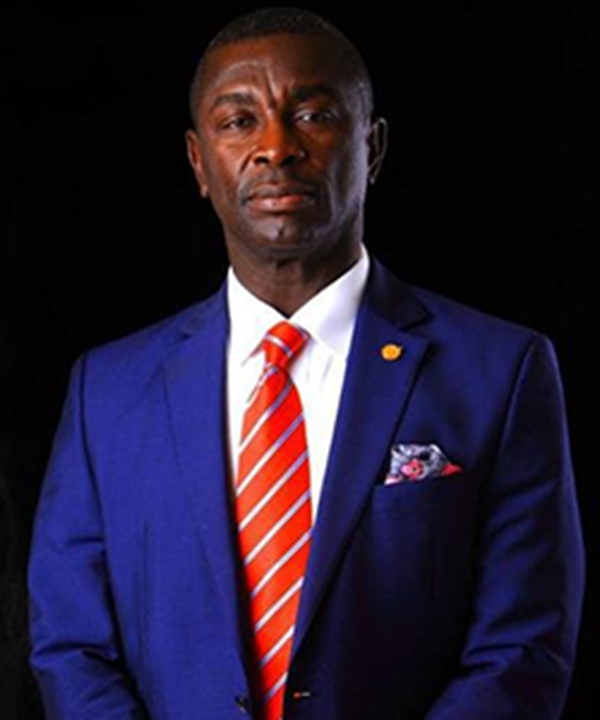Prince Kofi Amoabeng seeks answers for IMF’s role in UT Bank’s closure
 Prince Kofi Aoabeng
Prince Kofi Aoabeng
Former UT Bank founder and CEO, Prince Kofi Amoabeng, has raised concerns about the International Monetary Fund’s (IMF) involvement in the closure of UT Bank and the manner in which the process was executed.
Mr Amoabeng expressed doubts about the Bank of Ghana’s (BoG) decisions, questioning whether they were unduly influenced by external pressures.
“It was a very interesting comment,” Amoabeng stated, referring to the Bank of Ghana Governor’s assertion that the IMF influenced the decision.
“I had my suspicions that the IMF had a role to play, but I couldn’t confirm it.
So if you ask me, I believe what the governor said, that the IMF influenced the programme.
But then, it’s a sad statement for him to make because it means leadership in Africa lacks the independence and will to do what is right for their country, and they have to be dictated to.”
Mr Amoabeng also questioned the specific nature of the IMF’s alleged involvement, particularly the dramatic and controversial manner in which UT Bank was shut down.
“So, you want to take IMF orders to close local banks. Did the IMF ask them to shut down UT Bank at 6 a.m., with Bank of Ghana officials and the police storming the premises Rambo-style to remove signage?
Was that precision by the IMF? So, who did that?”
He went further to criticize the broader implications of the closure, arguing that the entire UT Group was deliberately targeted.
“Did the IMF tell them to attack other UT companies and collapse the entire UT Group?
Because that’s exactly what happened.
They closed the accounts of all UT companies, including UT Holdings.
He raised these
Did the IMF instruct them to go after the founder, who had resigned 20 months before the bank’s closure?”
For Amoabeng, the lack of foresight and concern for stakeholders was evident in the manner the decision was executed.
“There are a lot of questions.
I don’t live in the past, but this is a current issue, and it should be worrying for Ghanaians.
We are appointing people to powerful positions, and they later tell us they were ordered to act—without considering the impact on staff, investors, and the economy.”
He also reminded Ghanaians of UT Bank’s stature before its closure.
“Don’t forget, UT Bank was a listed company.
We had about 15,000 individual shareholders, yet the government did not address any of these concerns.
Was that also under the IMF’s instructions?”
Amoabeng concluded with a critical reflection on Ghana’s financial leadership and economic sovereignty.
“What is being said is very shallow. It only exposes the Governor’s position and confirms that our economy is weak.
We have leaders who simply accept anything dictated to them by the so-called imperialists or ‘developing partners.’”
He raised these concerns while speaking in an interview on Accra-based Joy FM.
Source: Classfmonline.com/Cecil Mensah
Trending News

Gov't opts for resource sovereignty following Damang mine transition- Mahama
14:04
Concerned affiliates of KNUST Male Halls petition President Mahama over ambassadorial nominee
10:57
Gov't moves to revoke Akonta mining lease over creating a 'criminal' illegal mining syndicate
18:20
Health Minister appeals for calm at Tamale Teaching Hospital amid ongoing tensions
13:48
Businesswoman in $13,000 fraud case remanded again
10:25
A/R: Okatakyie Afrifa-Mensah opens borehole project for Agona community
15:06
TVET Coordinator urges parents to support technical education to curb youth unemployment
13:33
Ghanaian elected Vice President of Middle Temple Young Barristers’ Association of England and Wales
10:10
Dr. Bawumia to lead nationwide NPP “Thank You Tour”
14:12
Samira Bawumia saves lives: Records zero maternal and neonatal deaths in Saboba through “Safe Delivery Project”
13:17



